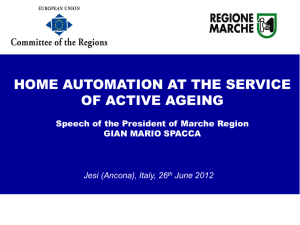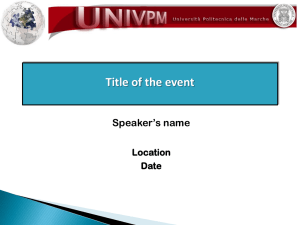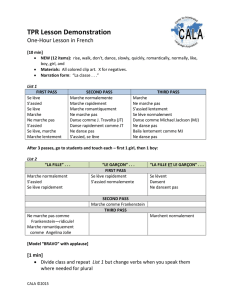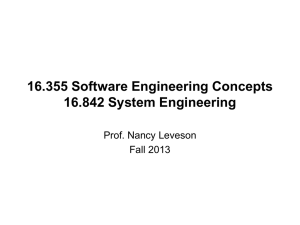Motivated, Not Destined, To Succeed
advertisement
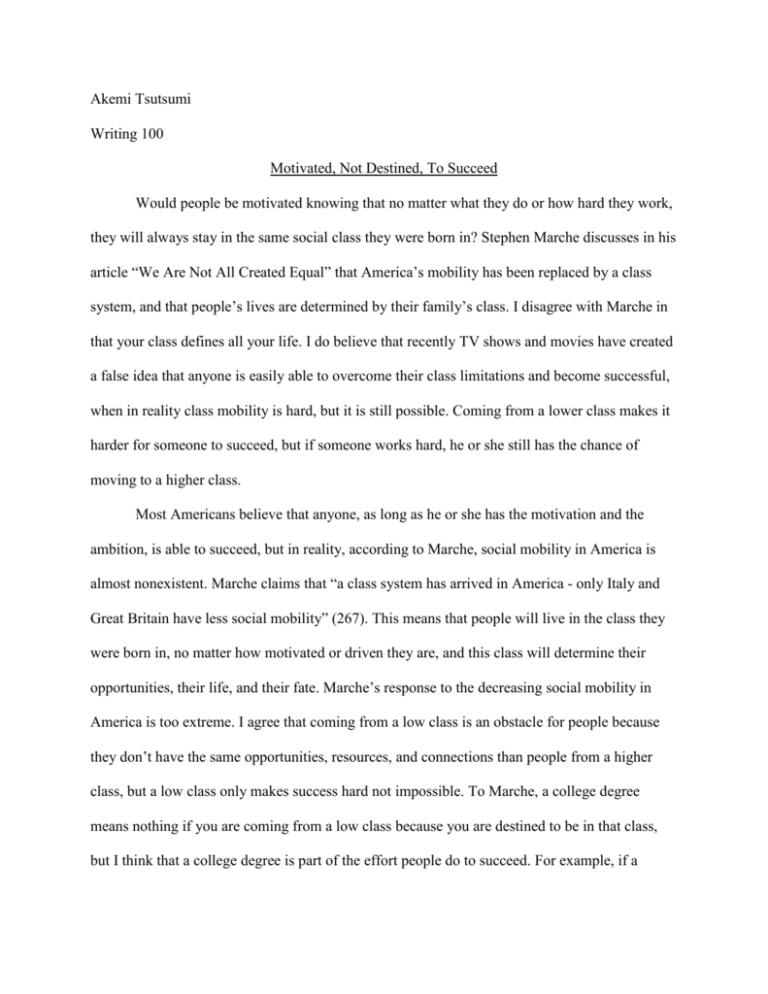
Akemi Tsutsumi Writing 100 Motivated, Not Destined, To Succeed Would people be motivated knowing that no matter what they do or how hard they work, they will always stay in the same social class they were born in? Stephen Marche discusses in his article “We Are Not All Created Equal” that America’s mobility has been replaced by a class system, and that people’s lives are determined by their family’s class. I disagree with Marche in that your class defines all your life. I do believe that recently TV shows and movies have created a false idea that anyone is easily able to overcome their class limitations and become successful, when in reality class mobility is hard, but it is still possible. Coming from a lower class makes it harder for someone to succeed, but if someone works hard, he or she still has the chance of moving to a higher class. Most Americans believe that anyone, as long as he or she has the motivation and the ambition, is able to succeed, but in reality, according to Marche, social mobility in America is almost nonexistent. Marche claims that “a class system has arrived in America - only Italy and Great Britain have less social mobility” (267). This means that people will live in the class they were born in, no matter how motivated or driven they are, and this class will determine their opportunities, their life, and their fate. Marche’s response to the decreasing social mobility in America is too extreme. I agree that coming from a low class is an obstacle for people because they don’t have the same opportunities, resources, and connections than people from a higher class, but a low class only makes success hard not impossible. To Marche, a college degree means nothing if you are coming from a low class because you are destined to be in that class, but I think that a college degree is part of the effort people do to succeed. For example, if a person of a low class is able to go to college with the help of a scholarship or some financial aid and graduates and then goes to law school, this person will now be able to find a job as a lawyer and earn a better salary. A college degree will not guarantee people from a low class a good career and a high pay, it would just make success more probable, but a college degree will not guarantee a successful life to people from a high class either. Marche also mentions that the belief that hard work and talent can take you anywhere, and that you decide your own fate (268) is no longer true in America, but it is widely accepted due to mass media. As Marche states, “the best-made shows on television capture-the shimmering, virtuous period before the 1970s when the middle class swelled so much that it came to believe it could never stop growing” (268). I do agree with Marche on this thought because many movies and television shows show how people, no matter how bad their circumstances are, are able to prosper and achieve their dreams by just working hard. People tend to identify themselves with fictional characters from movies and TV shows, and many times people’s goals, decisions, and actions are influenced by what these characters do. Movies always have a similar pattern: the characters are struggling, then they find a way to solve their problems, then another obstacle comes in their way, but they always end up finding a solution and living happily and successfully. This does not apply to real life, but there are still ways to work your way up to a higher social class and a more successful life. For example, in the movie “The Pursuit of Happyness”, a man gets a job in an important brokerage by solving a Rubik’s cube and impressing a manager of this firm, who luckily turned out to be in the same taxi as him. This kind of movies creates unrealistic expectations and dreams to people. Although it is unlikely that as showed in the movie “The Pursuit of Happyness”, you will move to a higher class thanks to a Rubik’s cube, there are many opportunities for teenagers and young adults to be successful today, like scholarships and financial aid. Marche thinks that Americans are living in a lie and that their dreams are impossible. He mentions that since the American dream of working hard to be successful does not exist any longer, Americans must be aware of it and start accepting the “new social order” (Marche 269) and their new place in society. I think that this is a really bad idea. Goals and dreams bring motivation. If people are told that no matter what they do, they are stuck in the class they were born to, they will have no motivation to be determined and work hard. If you want the country to succeed you need every citizen to be driven and to have ambition. When it comes to the prosperity of the country, the work of a low class citizen is as important as the work of a citizen of the highest class. Sticking with the class system would cause people from the low classes to stop working because they will have no hope of improving their economic status, and people from the high classes will stop working too because their class guarantees them success, so why bother working hard. At the end, Marche also mentions that if America is going to have a class-system, Americans should start accepting their position in society and respecting people from all other positions. Americans need to learn that people did not choose to be in a certain class, that they were born to be in their class, and class does not determine how good or bad a person is (Marche 268-269). I do not agree with the part of accepting your position, but I do agree with respecting others. The economic status, education, wealth, and job do not define a person, and we need to respect everyone regardless of their class, but this idea does not only apply if America is going to have a class-system. Respect and humility are values that must be practiced regardless of the American economic or social system, so I don’t think Marche is correct by saying this should be applied to the new “European class system” (Marche 268). If you take away people’s dreams, you take away their motivation too. America’s mobility is decreasing, causing success to be harder to achieve, but not impossible. Instead of just telling people that class mobility does not exist anymore, like Marche proposed, it is better to find ways to motivate people to work even harder. One way is to offer more scholarships and financial aid, which will encourage more people with low incomes to go to college. Colleges should also provide special programs and counseling to students from low classes that go to college, so that they don’t feel overwhelmed and drop out of college before graduating. Another great way to demonstrate people that success is hard, but possible is to show them real cases, not movie stories, of people who were able to overcome their class obstacles and succeed. These stories should also include all the struggles and adversity these people faced during their lives to demonstrate that achieving success is not an easy thing to do, so that people are aware of all the drawbacks they will experience while trying to achieving success and don’t get discouraged when they encounter them. There are many other ways to motivate people to be driven and dedicated, and unlike Marche, I believe that motivation is essential in the prosperity of the country because if you let people lives be guided just by their class, they will stop working because their work would not make any difference in their lives, and the country will be full of mediocre people that just accepted their class and have no dreams of becoming better.

